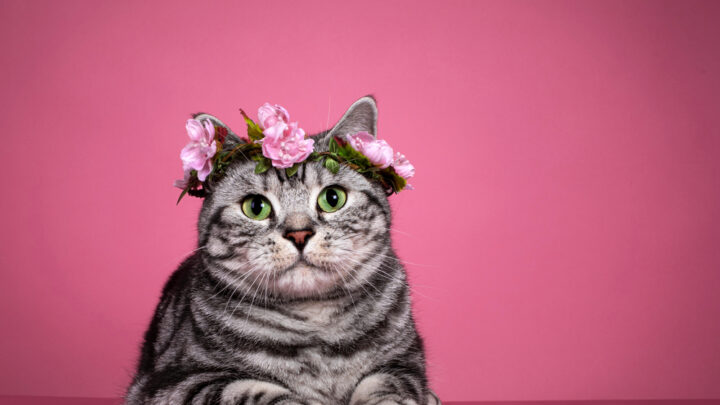There are plenty of advantages to having lychee in a human diet, but as a pet parent, you may wonder: Can cats eat lychee? Even though fruits are superfoods for humans, you should always be aware of potential risks for your feline.
The thing is, humans and cats are built differently. You probably already know that, but you also ask yourself what that entails? Well, cats are obligate carnivores; and while you can go vegetarian/vegan, your pets can’t and shouldn’t.
When your feline friend eats meat, she’s getting all the needed nutrients responsible for good health and proper development. Without animal-based food, your cat won’t thrive; which can lead to you hanging out with your cat’s vet more frequently.
Some fruits, like apples, are sometimes a great addition to your pet’s diet. However, you must do your research before introducing any new foods into a carnivore’s world. Luckily, you came to the right place!
Lychee is the sole member of the soapberry family, Sapindaceae, of the genus Litchi. Litchi chinensis is its scientific name, and it grows to be a tall evergreen tree with little meaty fruits.
The fruit’s skin is pinkish-red, rough-textured, and inedible. But on the interior of the covering is a delicious meat, that is used in a variety of dessert recipes.
Is lychee safe for cats?
As a responsible cat parent, you’re probably going bananas at every single thing your cat comes across. We know their perky nature, so your concerns are more than justified. If you have a bubbly cat, it’s no secret that she can be a handful at times.
This includes destroying the garden, running a marathon in the morning hours, and of course, discovering new foods. If you catch your furkid pawing at lychee, don’t stress. Thankfully, this fruit isn’t poisonous to cats.
This means you can chill on your sofa with your fruit bowl up for grabs, and within your pet’s reach. However, these scaly fruits could be potentially dangerous if your furkid indulges in them. Just like with all foods, lychee has its pros and cons.
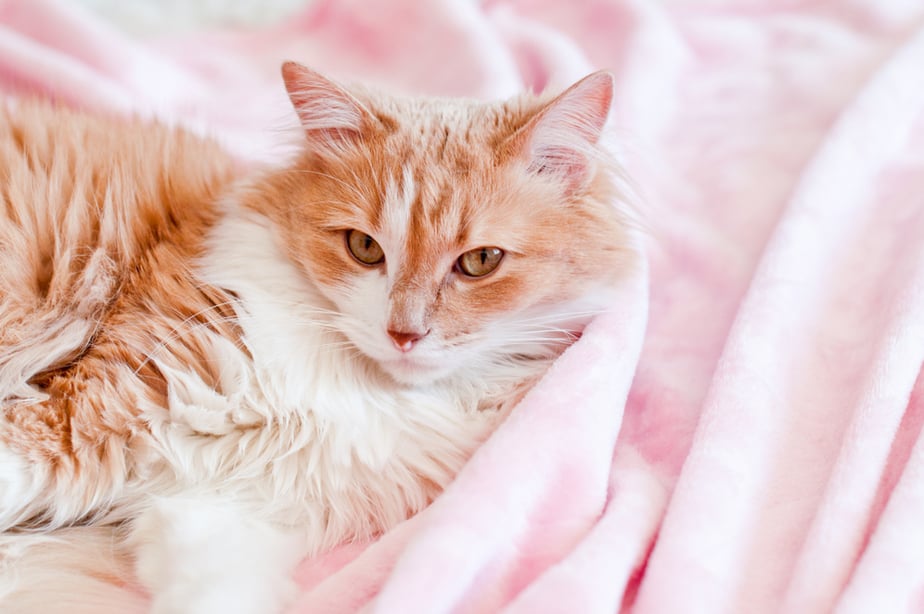
Can cats eat lychee? What are the pros?
Of course, cats can eat lychee! The real question you should be asking is should they, and what benefits do this fruit offer? As we all know, fruits are some of the healthiest foods out there. Humans incorporate these juicy goods into their diets daily.
Lychee is a great source of health supplements such as vitamins and minerals. Moreover, there are traces of protein and other powerful immune boosters found in lychee. However, do these benefits apply to your cat as well?
1. A load of vitamins!
Fruits are packed with vitamins that play an important role in our bodies. The same goes for our fluffy pets who need vitamins as much as we do. These health supplements are crucial for your cat’s growth, and for maintaining a healthy and balanced diet.
One of the most famous and most important vitamins is vitamin C. The good news is that it’s abundant in lychee. Vitamin C boosts the immune system and helps in various body functions.
However, your feline is ahead of the game on this one. Your pet synthesizes this vitamin in her liver. Another proof that felines are magnificent creatures, and (in their opinion) superior to humans!
Vitamin B6, commonly known as pyridoxine, aids in muscle regeneration, prevents anemia, and promotes cognitive function, among other things. More importantly, B6 is in charge of converting proteins, lipids, and carbohydrates to glucose.
As for the B vitamins, B12 is another crucial component found in lychee. The benefits of vitamin B12 include the creation of red blood cells, the prevention of dementia, and the decrease of birth defects.
As for the vitamin that gets all its fame because of the sun, vitamin D aids in the regulation of calcium and phosphate levels in the body. These nutrients are required to maintain healthy bones, teeth, and muscles.
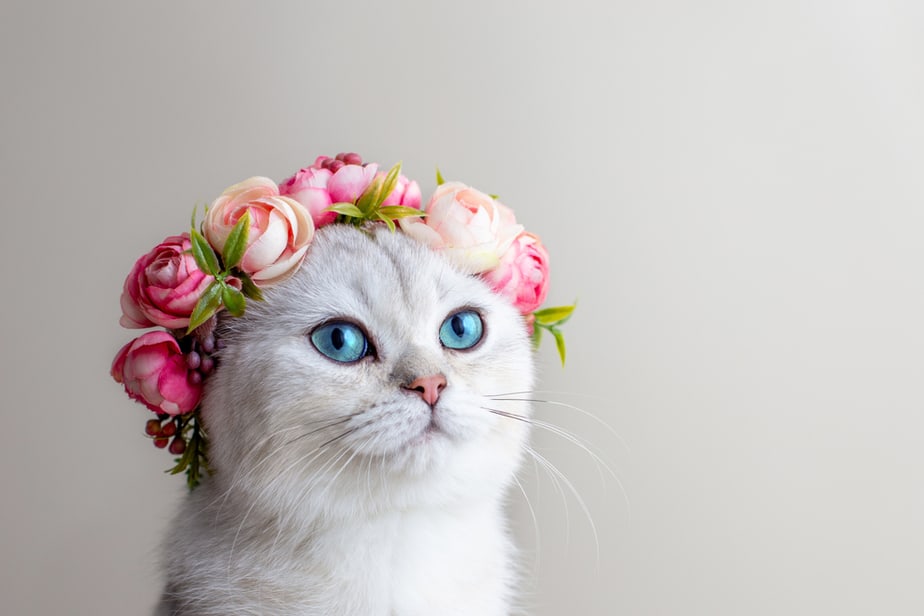
2. Lychee is packed with minerals as well
As if that wasn’t enough, these little fruits also contain copper, which aids in the creation of red blood cells, the formation of collagen, and the absorption of iron. This mineral acts as an antioxidant, preventing cell damage.
Potassium is an electrolyte that helps muscles and organs operate properly. It is especially critical for older, unwell cats that have lost electrolytes due to vomiting or diarrhea.
Iron is a mineral that the body needs in order to grow and develop. It is used to make hemoglobin and myoglobin, proteins our body can’t survive without.
Magnesium is a dietary supplement that your cat requires in order to operate correctly. It is required for many body functions, including muscle and neuron function, blood sugar and pressure management, as well as the production of protein, bone, and cartilage.
Last but not least, lychee is an excellent source of calcium. We already know it’s helpful for bone and tooth health. Additionally, low calcium levels can cause substantial tiredness, which includes a lack of energy and an overall sensation of sluggishness.
3. This fruit is full of antioxidants
The oxidation process in the feline body generates unstable molecules known as free radicals, which can destroy cell membranes.
A number of illnesses have been connected to free radicals, including heart disease and certain types of cancer. There are naturally occurring molecules in foods that scavenge and neutralize free radicals.
Antioxidant pills, according to research, don’t function as effectively as naturally occurring antioxidants found in fruits such as lychee or cherries, for example.
Certain components found in lychee are even more powerful than vitamin C at neutralizing free radicals and protecting the body from a variety of ailments. Lychee’s antioxidants and flavonoids have anticancer properties as well.
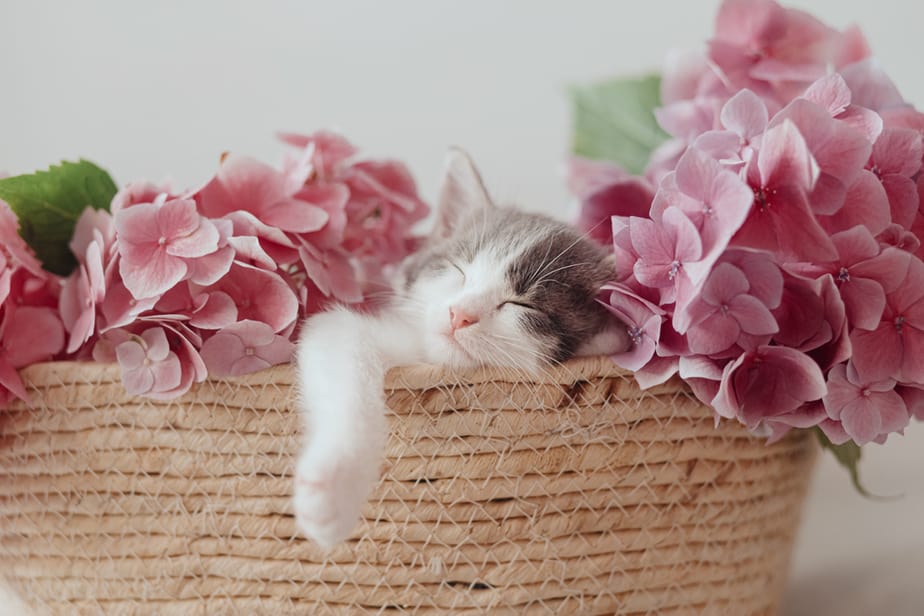
4. All the protein
Protein is an essential nutrient in your pet’s diet, and if she doesn’t get enough through food, she’ll soon become unwell. Although these pink fruits contain trace quantities of protein, it is not enough to meet her daily requirements.
Even so, the only disadvantage of this nutrient is that it comes from plants. Cats have a hard time digesting plant material, thus the protein in lychee may be wasted. A few of these vibrant-looking fruits won’t be enough to replace her primary source of nutrition.
Lychee is also abundant in fiber which has both good and bad characteristics. More specifically, modest amounts of fiber are helpful to your pet, whilst excessive amounts might be hazardous. This implies that cats need specific amounts of this nutrient to help with their digestion.
If she’s having trouble performing her business in the litter box, fiber may help. It aids in the passage of food through the digestive tract and also prevents diarrhea.
However, you must be cautious while feeding her these, just as you would with blackberries. This is because too much fiber might create intestinal problems. While moderate fiber intake will help with loose stools, excessive fiber intake can lead to constipation.
Next to all these health benefits, lychee is a good source of water. We all know those water fountains are expensive and only hold your pet’s attention for a short period of time. To avoid your feline getting dehydrated, offer her some lychee.
These can be a great summer snack when your feline needs extra hydration.
Can cats still eat lychee with all these supplements found in them? Of course, they can! But don’t get ahead of yourself, these fruits have a dark side to them after all…
What are the drawbacks?
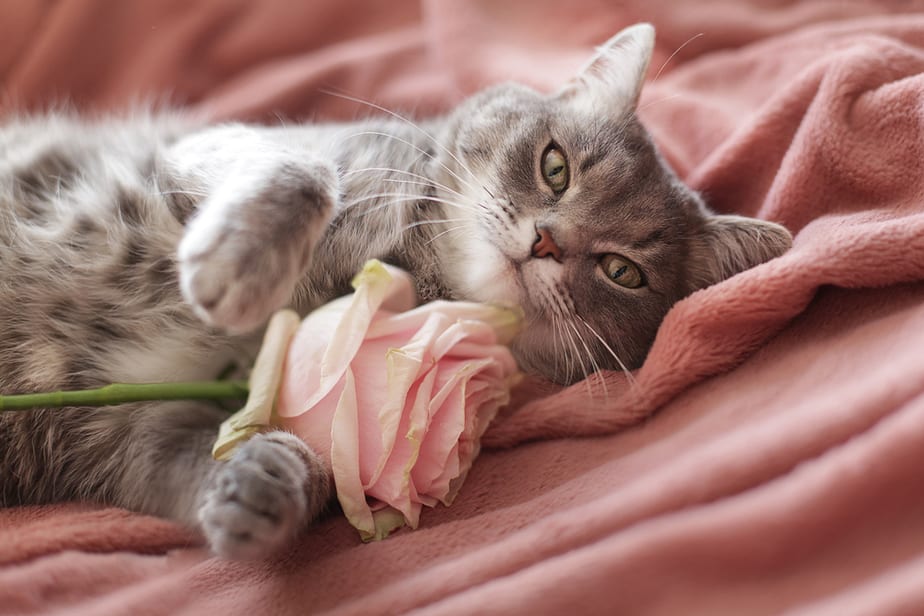
Even though cats can eat lychee fruit as it offers certain benefits, you’re not entirely on the safe side. Your pet may even find it hard to resist, but if she eats too many, it could prove bad for her health.
Just as we previously mentioned, plant matter isn’t something your cat’s stomach agrees with all the time. If she overdoes it with these sweet fruits, she may experience some gastrointestinal upset in terms of vomiting, and diarrhea.
Lychee has a significant calorie content as well. While cats require a certain number of calories each day, this fruit may have a few too many. This can be damaging to your pet’s health and lead to obesity.
Fruits are generally packed with sugar and that’s one of the reasons why we love them. Here comes another but – sugar consumption can have a negative effect on your feline. Even with all of the health benefits that lychee provides, you should always be aware of the sugar content.
These scaly fruits are also heavy in carbs. Carbohydrates are nutrients that are not tolerated so well by cats. They are derived from plants, and as previously said, cats and plants do not get along since cats are obligate carnivores.
A few blackberries here and there won’t hurt, but the nutrients in these fruits won’t be completely absorbed. Carbohydrates are therefore superfluous in a feline’s diet since her body can’t metabolize them.
Can cats eat lychee because of the citric acid?
The drawback of cats eating lychee can be the citric acid found in them. Although it’s found in small quantities, it still poses a risk to your pet’s health. Citric acid isn’t welcome in the cat world.
While citric acid is safe for humans to ingest, it’s extremely poisonous to cats. A few slices of any citrus fruit will frequently cause your pet to have an upset stomach. They may even experience central nerve depression if they ingest several fruits.
Citrus fruits like tangerines can be harmful to your feline. However, the good news is that lychee is low in these citric acids. Still, the risk is there, and if your pet feasts on lychee, it could get serious.
Some of the warning indications include vomiting, diarrhea, stomach discomfort, and drooling. So, keep your cat’s lychee intake in moderate amounts and under supervision.
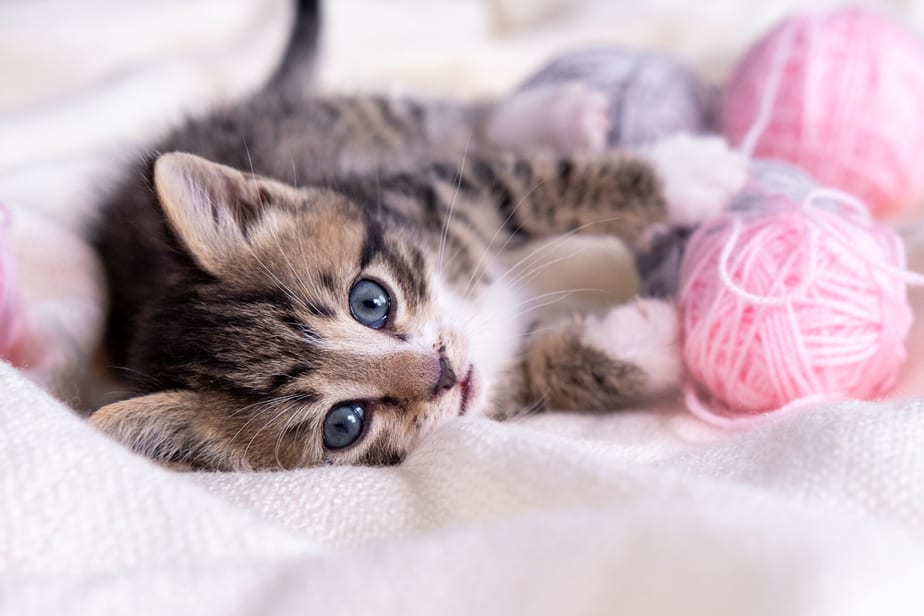
Can cats eat lychee skin and pits?
While lychee flesh is completely healthy for your pet in minute amounts, you should be concerned about the pits, leaves, and skin. Unless you produce these fruits yourself, you need to ensure that any pesticides are washed away.
Many toxic compounds are present on the skin of store-bought fruits, so they must be washed and peeled. Cats are particularly sensitive to the leaves and pits of trees due to a substance known as amygdalin.
This is a sugar-cyanide compound that, with the assistance of digestive enzymes, degrades into cyanide. Cyanide poisoning is uncommon since cats do not naturally consume seeds and pits. However, keep an eye out for typical signs.
Early symptoms of cyanide poisoning include headaches, dizziness, racing heart, shortness of breath, and vomiting. Seizures, a slowing heart rate, low blood pressure, loss of consciousness, and cardiac arrest may also occur.
Besides, these two parts of lychee aren’t even edible. The skin has a rough, scaly texture which isn’t really inviting. Furthermore, your cat could choke on the skin if she ever decides it would be a good idea to gulp it down.
Keep your cat away from lychee pits and skin for the sake of her safety and your sanity. You might think it’s a difficult task, but the vet bills may persuade you otherwise.
Lychee allergy
Just as humans, felines can develop allergies to certain foods such as chicken, dairy, as well as fruits. This is unfortunate, but thankfully, fruits aren’t cats’ primary choice of food.
Lychees may cause skin responses in cats that are comparable to other food allergies, such as atopic dermatitis. Lychee allergy in felines can result in a number of other symptoms, including lethargy or decreased activity, anemia, gum inflammation, and bloody diarrhea.
The symptoms of lychee allergy in cats are unknown to an extent, although they may include vomiting and diarrhea, as well as your cat itching and scratching skin sores.
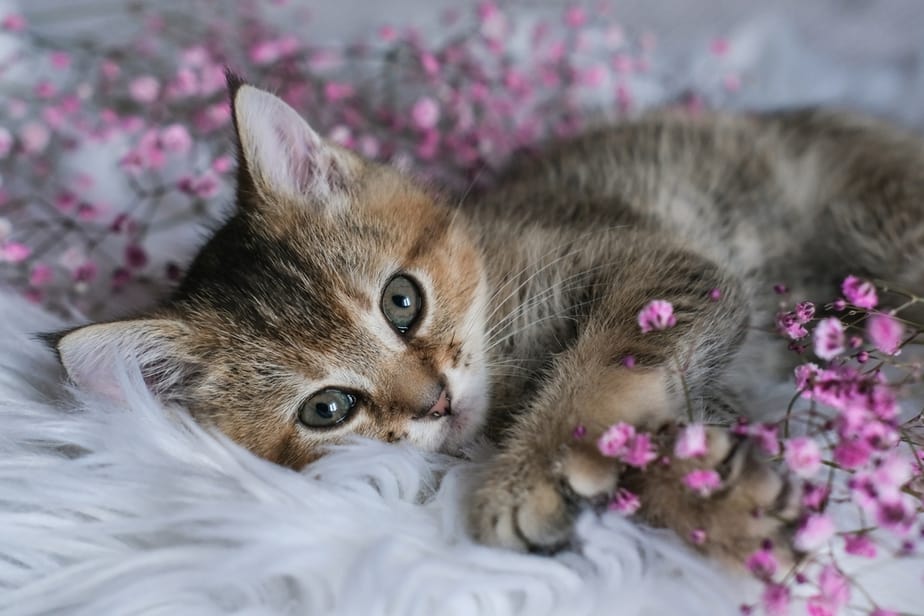
When and how much lychee you should give to your cat?
As you already know, your pet won’t choose fruits over meat, such as chicken wings, for example. However, they may be a good addition to her diet. That is if your pet’s fed a meat-based diet.
For your pet to be healthy, she needs to have a balanced diet that allows her to can get all the necessary nutrients. So, cats can eat lychee, but in moderation. Because of the high sugar content and the fact that it is, after all, plant material, a few bites here and there will be just enough.
You don’t want to overdo it, as she can experience signs of a stomach upset due to a high amount of fiber and carbs. If your pet is still a kitten, you should consult with your vet about this one.
Kittens are fragile and sensitive in their stages of early life. Therefore, it’s best to not get too creative with their diet. They have special requirements that need to be fulfilled for proper growth and development.
Can cats eat lychee jelly?
Lychees are absolutely safe for your cat to eat in small amounts. They are high in several essential elements including vitamins, water, minerals, and dietary fiber. This healthy fruit is also widely used in many different desserts.
One of these is lychee jelly. Unfortunately, this dessert is not a good treat for your cat. Because these jellies are high in sugar, they can contribute to obesity, diabetes, and a variety of other weight-related issues.
Furthermore, artificial sweeteners used in jelly production aren’t good for your fluff. Most sweet foods include xylitol, which is very harmful to cats.
If your furry pet insists on eating jelly, allow her to have a nibble, but keep her safe by not letting her go berserk with it. The bulk of jellies and other sweets, such as waffles, are loaded with sugar.
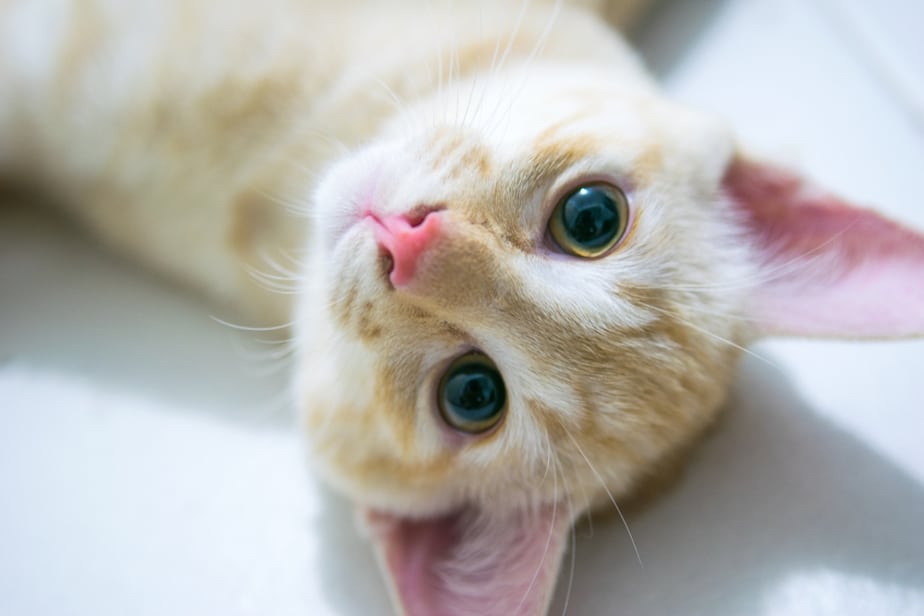
What about other lychee desserts?
When it comes to cats and desserts, it’s a tough one. Your pet may beg for some, but you have to stay strong and not give in to her desires. So far, we know lychee is healthy to an extent. Just as is the case with lychee jelly, cats should stay away from other lychee desserts.
The reason behind this is the excessive amount of sugar that’s incorporated into any kind of dessert. We all love these sweet treats precisely because of the sweet flavor, right? However, your feline doesn’t. Why?
Believe it or not, felines can’t taste the sweet flavor found in lychee desserts. This may sound silly, but it’s true. Over the years, cats have lost the adequate taste buds that would allow them to pick up the sweet taste.
Moreover, sugar is a simple carb and is, therefore, unnecessary in your pet’s diet. Because of this, your cat can have a hard time digesting sweets such as frosting.
Desserts are usually calorie-dense foods and having some lychee in it won’t help solve the problem. In fact, lychee probably won’t even be digested properly next to all the sugars and artificial sweeteners.
Artificial flavoring and sweeteners may also cause dental and other health problems. Xylitol, a popular sweetener found in desserts such as gummy bears, can induce vomiting, lethargy, and liver failure in cats.
The name speaks for itself. Artificial implies that something isn’t a part of the natural world and is, in most cases, harmful. So, unless you’re making a healthy lychee dessert on your own, it’s best to skip the part where you feed it to your furkid.
Can cats eat unripened lychee?
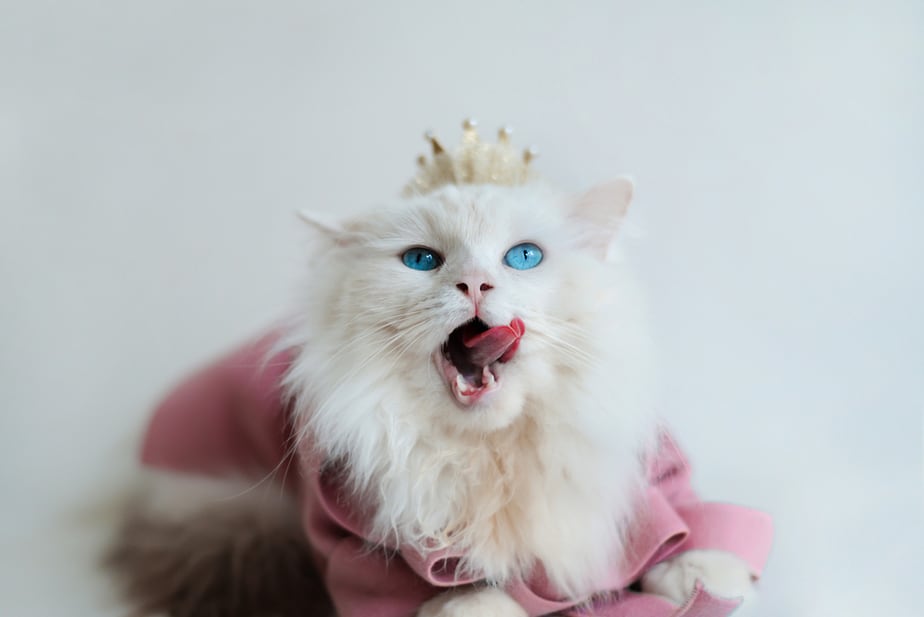
This is going to be a definite no! Generally speaking, unripened foods aren’t safe or healthy for humans, let alone animals. Consumption of these can lead to a number of health issues and can cause some serious medical conditions.
Unripe lychees contain toxins hypoglycin A and methylene cyclopropyl-glycine (MCPG), which can cause vomiting if consumed in large quantities. It also has the potential to induce fever and convulsions.
MCPG is a poisonous compound that causes a sudden drop in blood sugar. It induces vomiting, general fatigue, as well as unconsciousness. In severe cases, it could lead to coma and even death.
Hypoglycin A is an amino acid found in unripened litchee and is known to cause severe vomiting. Therefore, both you and your furkid should stay away from unripened fruits, including lychee.
Final verdict
Can cats eat lychee? We hope we answered this question and helped you to make the right choice. A bit of lychee here and there can be a great addition to your feline’s diet. It’s rich in vitamins, minerals, and other healthy nutrients such as protein and fiber.
These are all essential for your cat’s growth, but not completely necessary since they mostly come from plants. As for the skin and pits, they’re extremely poisonous to felines and you should avoid them as much as possible.
Lychee desserts can be mouth-watering, but also dangerous at some point. If your cat manages to steal a lick or two, don’t panic. However, don’t try to encourage her to indulge in these sweets. Artificial sweeteners and sugars are harmful to felines and can cause adverse effects.
Make sure to keep her lychee intake under strict supervision, and your purrincess will be happy and healthy!

